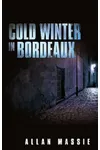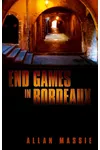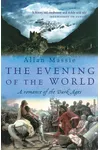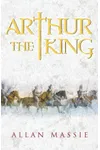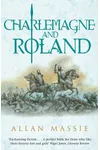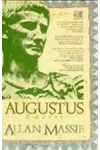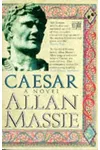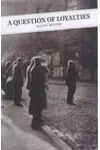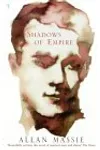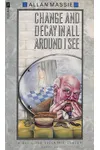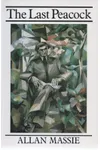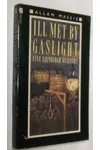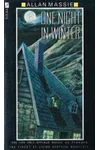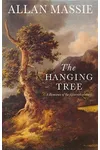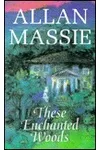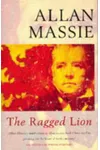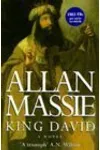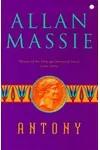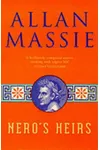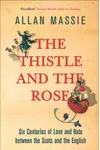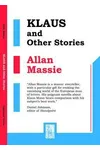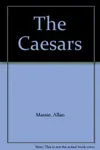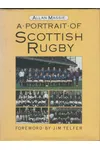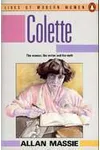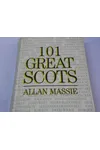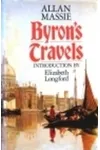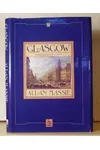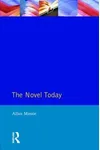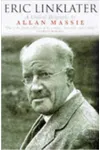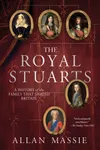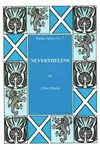Picture a Scottish storyteller who spun ancient Rome into gripping tales for modern readers—meet Allan Massie! Born in 1938, this journalist-turned-novelist has charmed the literary world with his historical fiction, particularly his acclaimed Roman Empire series. With a knack for breathing life into emperors and a CBE awarded in 2013 for his contributions, Massie’s work is a treasure trove of wit, history, and human drama.
From his childhood in Singapore to his home in the Scottish Borders, Massie’s journey is as fascinating as his novels. His ability to weave historical detail with introspective narratives has made him a standout in British literature, earning praise from the likes of Gore Vidal, who called him a 'master of the long-ago historical novel.' Ready to dive into his world?
The Making of Allan Massie
Born in Singapore, where his father worked as a rubber planter, Allan Johnstone Massie spent his early years in Aberdeenshire, Scotland. Educated at Drumtochty Castle, Glenalmond College, and Trinity College, Cambridge, where he studied history, Massie’s academic roots fueled his love for the past. After teaching in the 1960s and a stint in Rome, he returned to Scotland, kicking off his writing career with book reviews for The Scotsman. His first novel, Change and Decay in All Around I See (1978), marked the start of a prolific journey blending journalism and fiction.
Allan Massie’s Unforgettable Stories
Massie’s Roman Empire series is his crown jewel, bringing ancient figures to life with vivid, fictional memoirs. Augustus (1986) reimagines the emperor’s rise, blending triumph and tragedy in a detailed narrative. Tiberius (1991) offers a reflective take on the reluctant ruler, exploring power’s solitude. Caesar (1993) dives into the betrayal and ambition surrounding Rome’s iconic leader, while Antony (1997) captures the passion and politics of Cleopatra’s ally. These novels showcase Massie’s signature style: richly researched, introspective, and laced with moral complexity.
Beyond Rome, Massie’s versatility shines in works like A Question of Loyalties (1989), a Saltire Society Book of the Year winner set in Vichy France, probing loyalty and betrayal. His Dark Ages trilogy, including The Evening of the World (2001), blends myth and history, while his Bordeaux thrillers, like Death in Bordeaux (2010), offer gritty, wartime intrigue. Massie’s prose is elegant yet accessible, often narrated by flawed, reflective characters navigating turbulent times.
Why Allan Massie Matters
Allan Massie’s impact on historical fiction is profound, blending scholarly depth with storytelling flair. His Roman novels have captivated readers worldwide, offering fresh perspectives on well-trodden history. As a journalist, his columns in The Scotsman, The Sunday Times, and The Spectator shaped literary and sporting discourse, particularly on rugby and cricket. His strong Unionist views, expressed in essays like The Thistle and the Rose (2005), sparked debate, cementing his role as a cultural commentator. The 2013 CBE and Royal Society of Literature fellowship underscore his lasting influence.
Massie’s work resonates because it humanizes history, making emperors and everyday folk relatable. His exploration of loyalty, power, and identity speaks to readers across generations, ensuring his place in Scotland’s literary canon.
About Allan Massie
- Birth Date: October 16, 1938, Singapore
- Key Works: Augustus, Tiberius, A Question of Loyalties, The Royal Stuarts
- Awards: CBE (2013), Saltire Society Book of the Year (1989), Frederick Niven Award (1980)
- Fun Fact: A rugby enthusiast, Massie penned A Portrait of Scottish Rugby and picked an all-time Scotland XV in 1984!
Snag Augustus or A Question of Loyalties and dive into Allan Massie’s captivating blend of history and heart!


